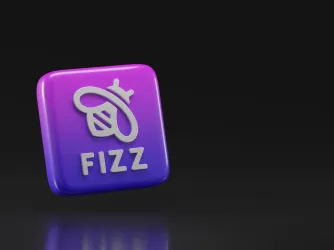Table of Contents
Student Sues U. of Tampa over Plagiarism Accusation
FIRE Chairman Harvey Silverglate brought to my attention this Tampa Tribune article about a student, Andrea Knight, who is suing the University of Tampa for accusing her of plagiarism and for running a “kangaroo court.” The Tribune reports that:
Knight and [Professor Anthony] LaRose tangled last school year during the student’s presentation on the Posse Comitatus Act of 1878, which prohibits the military from engaging in law enforcement. Knight argued that the act hurts patrol of the Mexican border. LaRose “vehemently argued” against her points, according to the lawsuit.
After Knight handed in a term paper on the subject, LaRose accused her of plagiarism, marking her paper with notes that read, “source?” and “source? This is plaggiarism.” [sic]
The university submitted the paper to turnitin.com, an online site that checks for plagiarism, but the results came back negative, according to the lawsuit. University officials, however, reviewed the paper and determined that Knight failed to properly cite documents she relied upon. They added that LaRose questioned Knight’s citations when she submitted a rough draft of her paper.
One can only assume that things like this happen fairly frequently, considering the vast number of students on America’s campuses. But Knight felt that she didn’t get the chance to defend herself. According to the article, “The academic integrity panel that reviewed the allegations, Knight argues, gave her no opportunity to confront her accuser and witnesses or to present a defense.”
That, unfortunately, is all too believable. Colleges—even state institutions, which the University of Tampa is not—have a fairly low legal duty to provide their students with due process. But there is a difference between what is legally required and what is morally right, let alone what makes common sense. Due process is a fundamental right because it helps to ensure the quality of the outcomes of our justice system. If Knight’s allegations are true, and there was no meaningful due process in her plagiarism hearing, there’s no reason that the plagiarism hearing should have come to the correct conclusion. And considering the seriousness of a plagiarism charge on a student’s transcript (would you hire a plagiarist?), and the justified rage that would be felt by a person falsely convicted, is it any wonder that the University of Tampa might find itself in court?
Recent Articles
Get the latest free speech news and analysis from FIRE.

FIRE's 2025 impact in court, on campus, and in our culture
We are proud to serve as the nation's premier free speech watchdog. Here's what we accomplished this year.

The trouble with banning Fizz
On college campuses across the country, students and administrators are debating bans on Fizz, a mobile app that lets users within a particular community communicate anonymously.

VICTORY: Court vindicates professor investigated for parodying university’s ‘land acknowledgment’ on syllabus
Ninth Circuit rules UW violated the First Amendment by punishing a professor for putting a satirical land acknowledgment on his syllabus.

Can the government ban controversial public holiday displays?
If the government invites holiday displays, it can’t ban the ones it dislikes. Open the forum, lose the veto — even for Satanic statues.